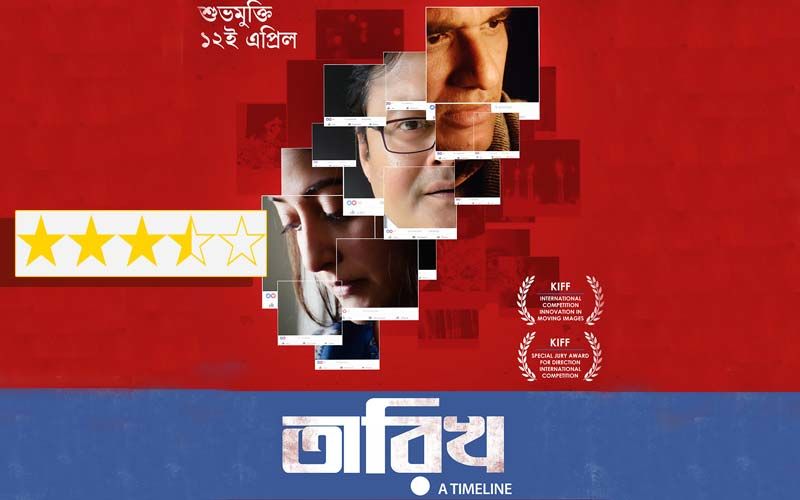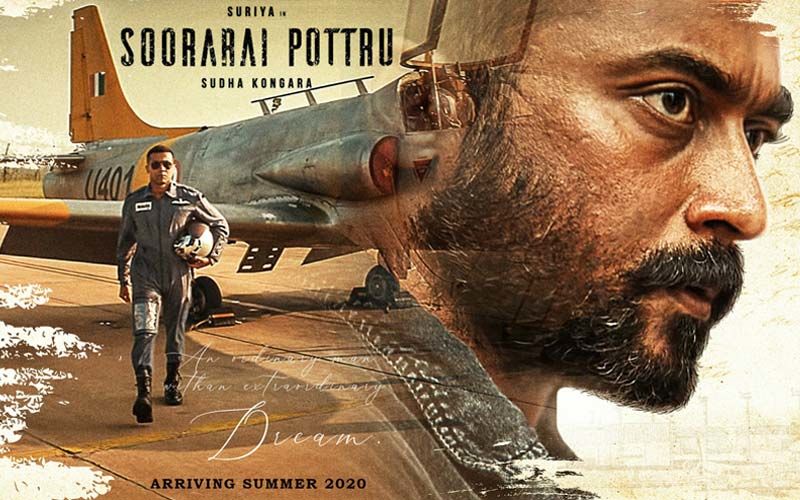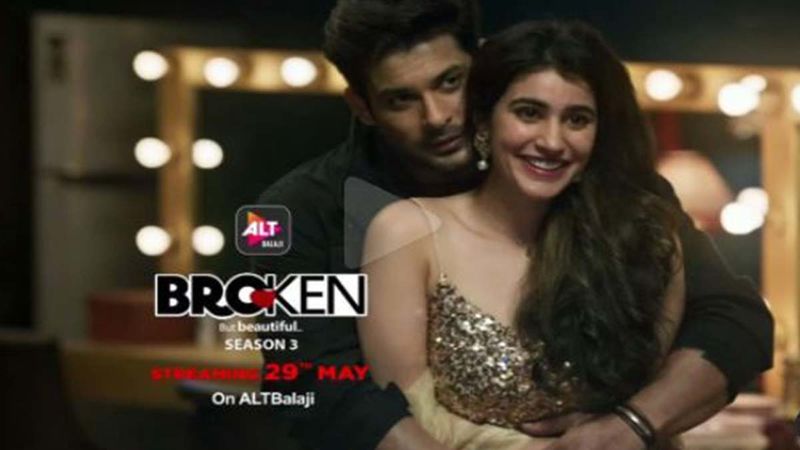Tarikh Review: Saswata Chatterjee, Ritwick Chakraborty Starrer Is A Moving Profound Bengali Film On Love Death And Bereavement
Here’s the review of the Bengali film Tarikh starring Saswata Chatterjee, Raima Sen and Ritwick Chakraborty. It is written and directed by Churni Ganguly. Tarikh is streaming on Amazon Prime Video


Not since Aparna Sen has there been a female director of substance in Bengali cinema. That’s about to change. Going by Churni Ganguly’s two films so far Nirbashito and now Tarikh, she has got what it takes to use that precious feminine gaze to explore the inner world of both the genders. Though the screenplay gets scattered in many directions, and for a film that tells you that time is just an illusion, that one can live in the memory of loved ones even after death, this film seems somewhat overly obsessed with creating repeated before-after timelines in the plot.
No, these don’t confuse us. Because, by the time the film makes a time shift for the umpteenth time, the three main characters are so close to us, we don’t care where they are, and what the time is. The deepest feelings of the protagonists are manifested with delicacy and grace which do not flaunt themselves in front of us.
There is an ingrained poise to the plot. And, though the characters talk a lot (if you are anywhere close to an intellectualized Bengali household you would find all these discussions on Engels, Tagore and Wordsworth worth your words) there is a kind of elegiac elegance to the way the director brings out the complex relationship among the three protagonists, Anirban (Saswata Chatterjee), Ira (Raima Sen) and Rudy (Ritwick Chatterjee).
Anirban is a self-acknowledged “escapist ineffectual intellectual”, a college professor with his head buried in books, hero-worshipped by his students (whose folk-rock songs are a highlight of the film) but completely distanced from wife Ira, who is closer emotionally to Rudy, Anirban’s best friend from childhood.
The dramatic tension in the triangular relationship is handled with rare mature and understanding. This is a director who knows human relationships intimately. Every shift in the equation is recorded with an assured fluency. While I found the film’s constant shifts of time and location a tad annoying (specially the London portions which seemed a bit phony to me, just like Anirban’s intellectual posturing) the handling of death bereavement and reconciliation are unquestionably brilliant.
Aniraban’s sudden death during one of his frequent trips to London ( he worships the city and denies it’s a colonial hangover, I don’t believe him) triggers of a chain of remorse, regret rumination and reconciliation. The family’s reaction, the muffled sobs, the whispered disbelief, the body in the coffin, arriving from London and the ensuing murmur of unspeakable grief…my hands tremble as I write about it.
I’ve seldom seen a more sensitive and moving depiction of bereavement in any Indian film in any language. The wife Ira’s grief mingled with guilt (“I never tried to understand him”) will haunt you. Raima Sen is in full command of her character’s disingenuous integrity. She projects a kind of unpunctuated honesty that comes to those who don’t think too much about life and death until they punch her in the nose.
While Saraswat Chatterjee’s intellectual posturings are adequate Ritwick Chatterjee’s Rudy is an enigma. Is he in love with his best friend’s wife? Yes! Does he want to sleep with her? No!
Tarikh does not offer easy solutions to the complex dynamics of human relationships. It is so deeply affecting because it is not interested in answers. For this director, the existential questions may have answers on Facebook. But, to get there, you need to transcend the shallowness of the social media , much in the same way that cinema can open doors to the conundrum of life if you only stop treating it as a tool of mere entertainment.
Image source: IMDb



_2024-12-23-5-53-49_small.jpg)